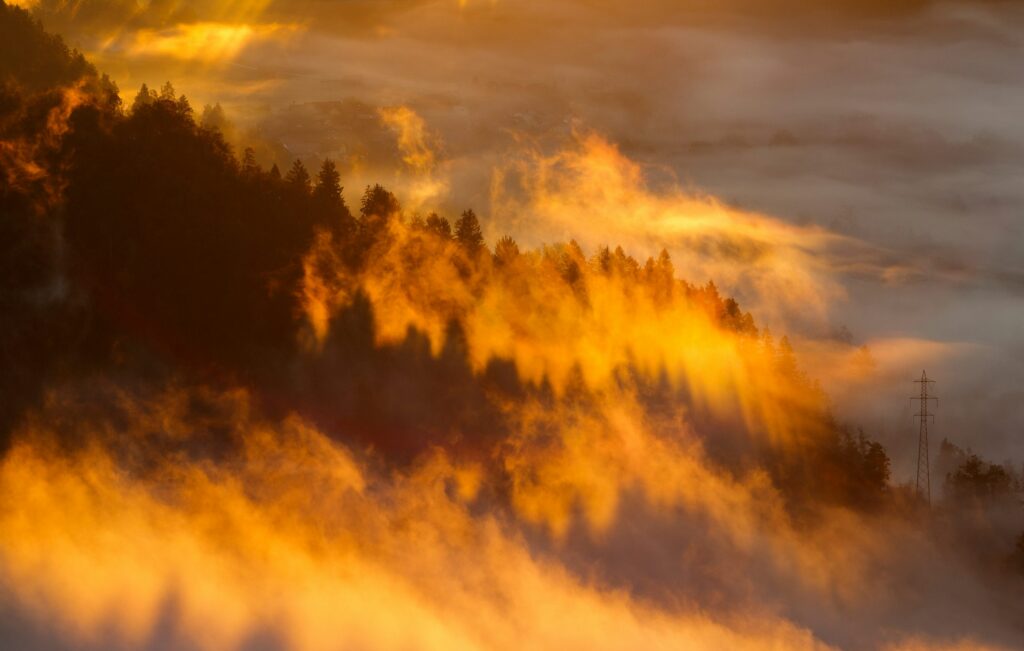Are forest fires getting bigger or more numerous due to climate change? We'd be doing what we criticize others for if we gave a simple, pat answer. But these things are measured, including by satellites at the global level. And here is what the experts say: "many consider wildfire as an accelerating problem, with widely held perceptions both in the media and scientific papers of increasing fire occurrence, severity and resulting losses. However, important exceptions aside, the quantitative evidence available does not support these perceived overall trends. Instead, global area burned appears to have overall declined over past decades, and there is increasing evidence that there is less fire in the global landscape today than centuries ago." So maybe a pat answer isn't out of bounds. Specifically, “No.”
The authors of that paper point out that humans coexisted with fire for millennia, and understood forest fires as integral to the health of large ecosystems. With the advent of professional forestry practices in Europe and North America in the 19th century that view changed, and now countries spend large amounts of money suppressing forest fires even in areas far removed from human settlements. This approach changes the ecosystem itself, including by allowing forests to get older and more full of fuel. So, as the authors point out, the risk that ordinary fires will become severe once they do start has increased.
In some forested areas, including Canada, the fire season has increased in length over the past half century. The authors acknowledge this change, and that forest fires may get worse in the future under climate change. But, they say: "while there are clearly some noteworthy trends in area burned for specific recent periods and regions, the general perception of increasing fire around the world is not supported by the data available to date."
Here in Canada the common perception of increasing numbers of forest fires, loudly repeated by politicians and pundits without access to Google, is also at odds with the data. The number of fires nationally has steadily declined since the 1990s. The area burned is up since the 1950s but down from its peak in the early 1990s. And it's not an even pattern across the country. Since 1980 the area burned annually has increased in western Canada but has been declining in eastern Canada.
Maybe it will all change in the future when the climate crisis finally hobbles in. But as the authors of the piece cited at the top caution, "It is, however, important to recognize that in addition to direct climatic factors, other factors such as fuel availability and human influence will also strongly affect future fire activity." As we so often say, it's complex.



The impact of the mountain pine beetle infestation in Western Canada in the 1990s has not been given sufficient attention. There are vast swaths of dead pine trees all over B.C. and parts of Alberta, just waiting to burn.
Politicians without access to Google? Haha, they are knowingly lying and not only about forest fires.
And don't you think it is an invitation to the pine beetle if you log out the forrest and replant it with just pine?
It looks more economical but nature would have done a better job.
Let the nature caused fires burn and prevent all human caused fires and you end-up with less fires and a healty forrest.
But you will say, it's complex, right?
Generally misplaced sincerity causes far more problems than deliberate deceit.